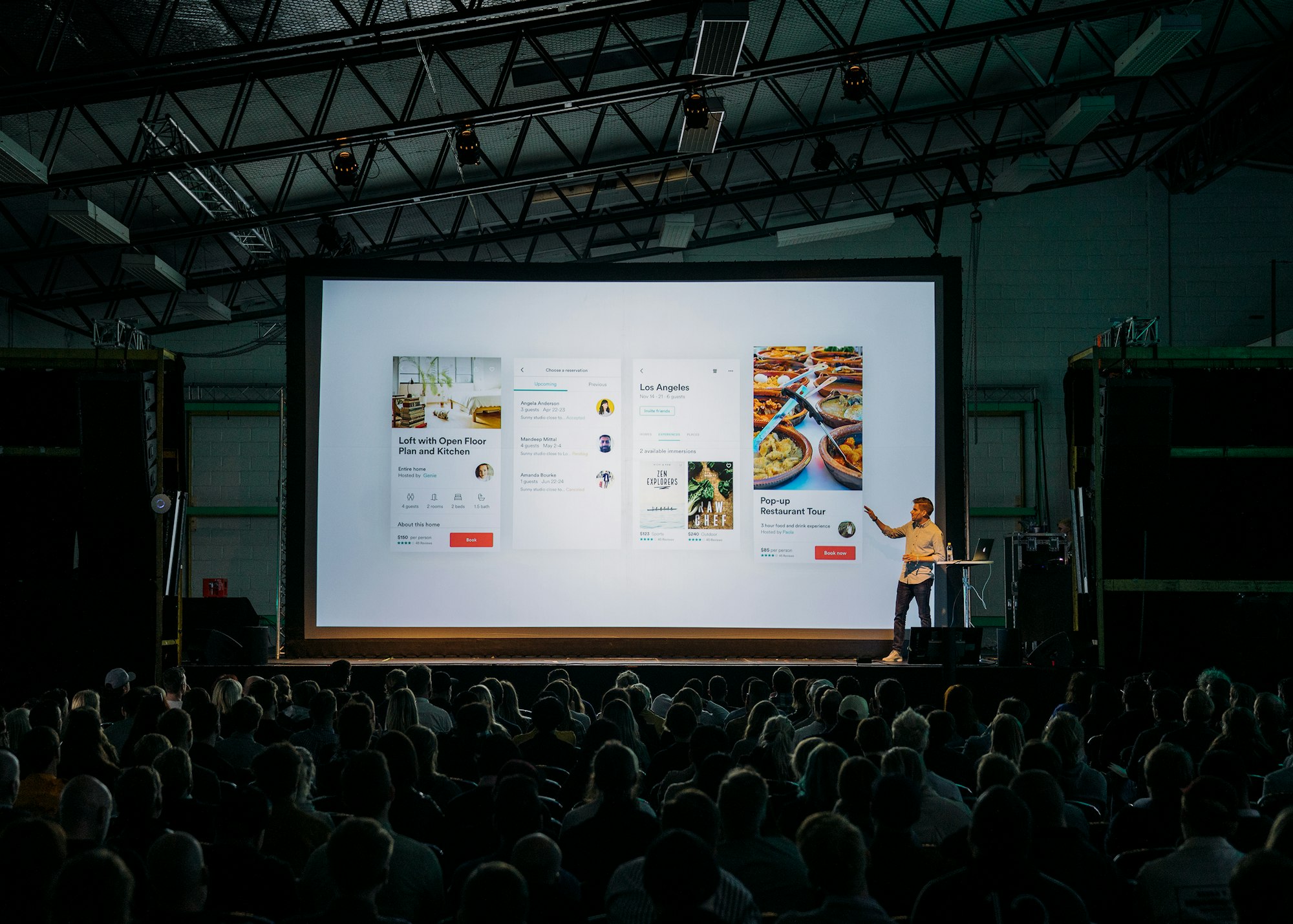The venue you choose can make or break your event. It sets the tone, impacts the attendee experience, and often represents one of your largest budget items. Here’s how to make the right choice.
Key Factors to Consider
Location Accessibility
Your venue should be easily accessible to your target audience. Consider:
- Proximity to airports, hotels, and public transportation
- Parking availability and costs
- ADA compliance and accessibility features
- Safety of the surrounding neighborhood
Capacity and Layout
Understanding space requirements is crucial:
- Maximum Capacity: Ensure the venue can comfortably accommodate your expected attendance
- Room Configuration: Can the space be arranged to suit your event format (theater, classroom, banquet)?
- Breakout Spaces: Do you need separate areas for workshops or networking?
- Flow: How will attendees move through the space?
Technical Capabilities
In today’s digital age, technical infrastructure is non-negotiable:
- High-speed WiFi with sufficient bandwidth
- AV equipment and support
- Power outlets and electrical capacity
- Lighting controls
- Stage and presentation setup
Venue Visit Checklist
When touring potential venues, bring this checklist:
- Ambiance: Does it match your event’s tone and brand?
- Lighting: Is there natural light? Can lighting be adjusted?
- Acoustics: Will speakers be heard clearly without excessive echo?
- Temperature Control: Can climate be controlled in different areas?
- Loading/Setup Access: How easy is it to bring in equipment and decorations?
- Catering Options: In-house vs. external catering flexibility
- Insurance Requirements: What coverage is needed?
- Cancellation Policy: What happens if you need to postpone?
Budget Considerations
Venue costs often include hidden fees. Ask about:
- Base rental fee
- Overtime charges
- Setup/breakdown time costs
- Service charges and gratuities
- Security requirements
- Cleaning fees
- Equipment rental costs
Negotiation Tips
Don’t accept the first quote. Try these strategies:
- Off-Peak Pricing: Consider weekdays or off-season dates
- Package Deals: Bundle services for better rates
- Long-term Relationships: Mention future events you might host
- Flexible Dates: Being flexible can unlock better pricing
Red Flags to Watch For
Be cautious if you encounter:
- Unwillingness to provide references from past clients
- Vague or unclear contract terms
- Pressure to book immediately
- Significant hidden fees
- Poor communication or responsiveness
- Lack of backup plans for technical issues
Making the Final Decision
After visiting multiple venues, create a comparison matrix with:
- Total cost (including all fees)
- Capacity and layout suitability
- Technical capabilities
- Location and accessibility scores
- Staff professionalism
- Contract flexibility
The perfect venue balances functionality, ambiance, and budget while supporting your event goals. Take your time, visit multiple options, and don’t be afraid to ask detailed questions before making your final choice.



